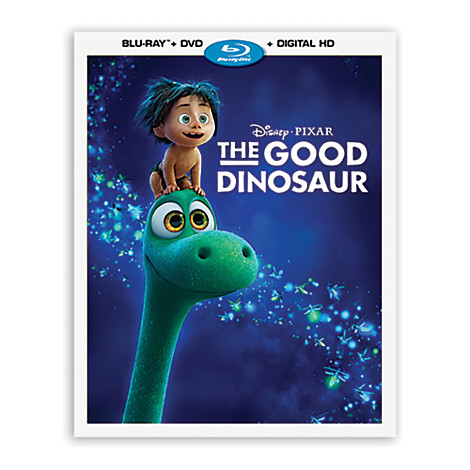
Family Planning :: Deciphering Automobile Insurance
Deciphering Automobile Insurance
Simply put, if you own or lease a vehicle, you need auto insurance. Required by law in most states, it is a monthly expense that you may not ever need, but if you do, you will be very glad that you have it. Depending on your policy, your vehicle may be covered in the event of a collision, theft, or other damaging event. If you or someone else is injured as a result of a vehicular accident, a good insurance policy will pay a predetermined amount to help cover medical bills and lost wages.
So, now you know why you need auto insurance, but do you know what all those confusing terms on a policy mean? Words such as liability, collision, and personal injury can seem a little bit frightening. Read on for a quick look at auto insurance vocabulary.
Liability
As the term implies, liability coverage protects you when you are the party at fault in an accident. Depending on the amount of coverage you select, medical bills for the driver and passengers in the other car will be covered. It is important to remember that injured parties may choose to come after your assets if your insurance coverage is insufficient. For this reason, homeowners and others with significant assets are wise to pay for high liability coverage.
Personal Injury Protection
This term refers to coverage of medical expenses for you and your family in the event of an auto accident. The amount of coverage you select is up to you, unless the state where you reside requires a minimum amount. Generally, if your family has good health insurance, personal injury protection is unnecessary.
Comprehensive and Collision
Comprehensive insurance covers damage done to your vehicle not incurred in an accident. For example, flood, hail, or falling trees may cause significant damage that you wouldn’t want to repair using out-of-pocket funds. Collision insurance is just what it sounds like: in the event of a moving collision, your policy will cover the repairs to your damaged vehicle.
If your vehicle isn’t paid for yet, or is a lease, you will be required by the lender or leaseholder to purchase comprehensive and collision insurance. However, if you drive an older, paid-for vehicle, comprehensive and collision insurance is optional. The value of your car may be the determining factor when deciding if you want to purchase this insurance.
Uninsured and Underinsured Motorist Coverage
One of the scariest events that can happen to you is being struck by a motorist who does not have insurance, or who doesn’t carry enough coverage to pay your expenses. To protect against the possible expenses incurred in such a situation, you can add coverage to your own policy that will kick in if necessary. To learn more about it, ask a helpful insurance agent.
Purchasing automobile insurance is easier when you understand the terms on a policy. Hopefully, you will never need to make a claim, but if you do, you will feel confident that you understand how insurance works and why you pay for it.
Note: This is a sponsored post but all opinions are our own.
0



